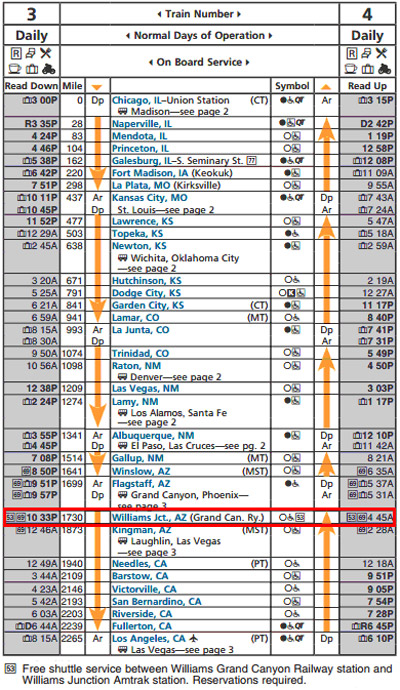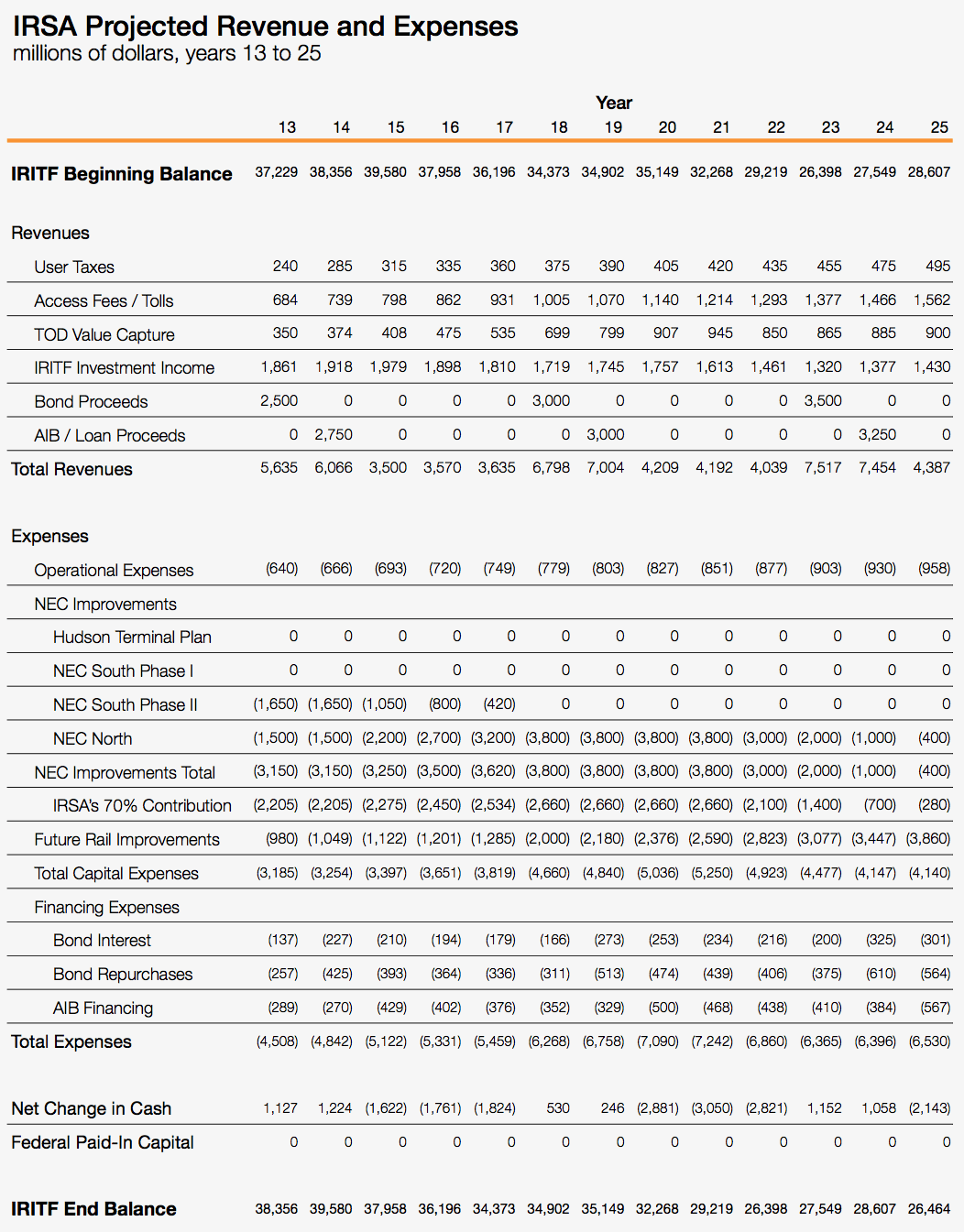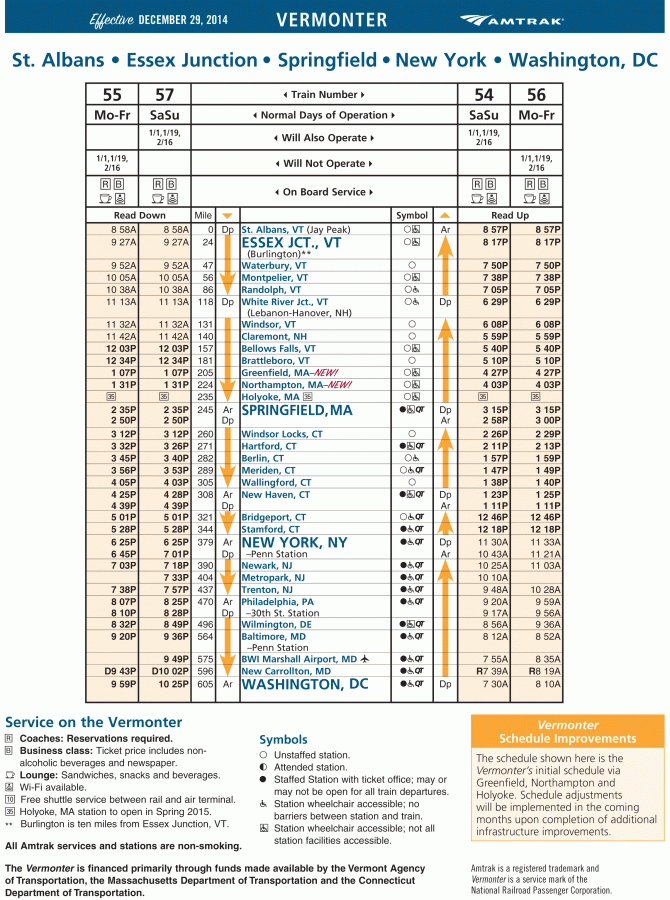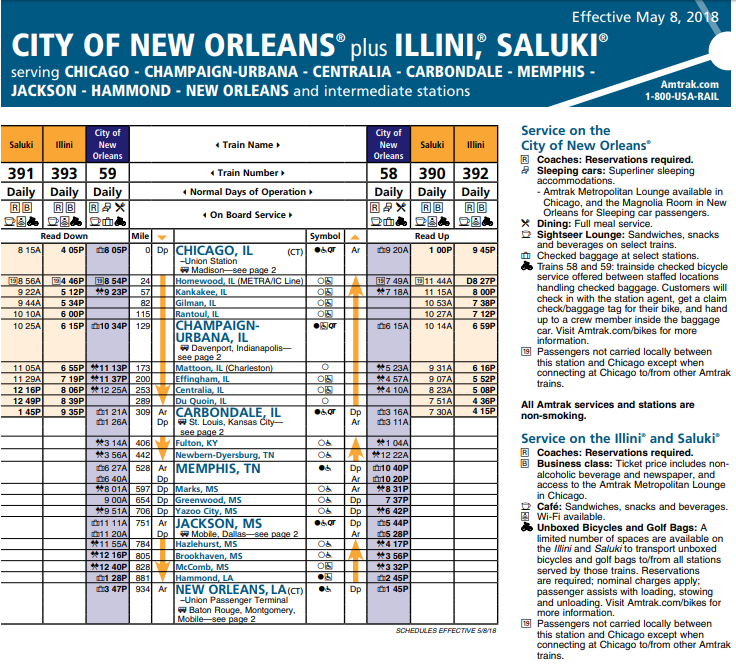

The vast majority of the remaining 96% of Amtrak’s more than 21,400-mile system consists of tracks owned and maintained by freight railroads. These routes are under 750 miles in length between endpoints.Īmtrak owns 623 route miles (primarily in the Northeast) and operates, maintains, and dispatches another 229 route miles in Michigan and New York.


The NEC also hosts extensive commuter rail operations and freight rail service. Amtrak operates the Northeast Regional, Acela service, and portions of other long-distance and state-supported routes on the NEC. This is the most heavily traveled portion of the intercity passenger rail system. NEC Services: The NEC stretches 457 miles from Washington, D.C., to Boston, MA, of which Amtrak owns 363 miles.OperationsĪmtrak operates passenger trains across a national system consisting of three service lines: Northeast Corridor (NEC), Long-Distance and State-Supported. In fact, Amtrak is 47% more energy efficient than traveling by car and 33% more energy efficient than domestic air travel on a per-passenger-mile basis. Congress created The National Railroad Passenger Corporation - also known as Amtrak - in 1970 to continue and improve intercity passenger rail for the nation. Headquartered in Washington, D.C., Amtrak is an important part of America’s surface transportation system, providing an environmentally friendly way for millions of people to reach their destinations each year. Intercity passenger rail primarily refers to Amtrak’s intercity passenger services that connect people from one city to another.

From Amtrak’s vital role in connecting cities to commuter rail’s impact on local communities, and the unparalleled productivity of freight railroads, the intricate rail network moves people and goods, promotes sustainability and drives economic growth. This comprehensive overview explores the three rail systems that operate on the national rail network: intercity passenger rail (Amtrak), commuter rail and freight rail.


 0 kommentar(er)
0 kommentar(er)
